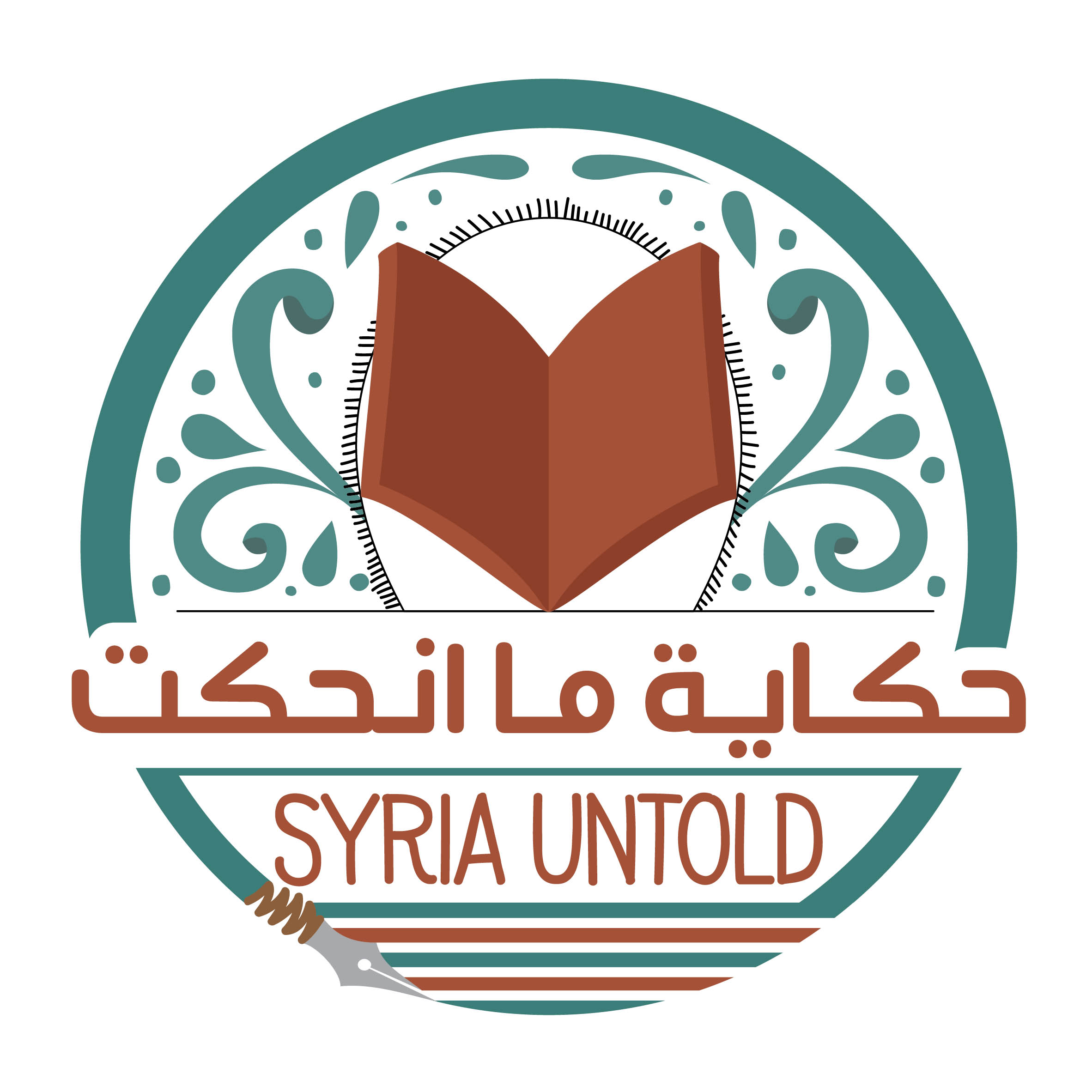Walls Have Ears: An Analysis of Classified Syrian Security Sector Documents (Syria Justice and Accountability Centre)
After analyzing 5,000 pages of leaked documents from intelligence agencies, the Syria Justice and Accountability Centre released a comprehensive report on the practices of the Syrian regime and the chain of command that led to the thousands of documented human rights violations since the beginning of the uprising.
“The analyzed documents provide a unique, contemporaneous record of the decision-making processes of the Syrian intelligence agencies, exposing not only serious human rights violations but also the extent to which these agencies permeate every aspect of Syrian life.”
Syria: Detention, Harassment in Retaken Areas (Human Rights Watch)
Human Rights Watch latest report documents the arrests and harassment of activists and aid and media workers in areas that were under the control of the opposition and were retaken by the regime.
"Human Rights Watch interviewed 16 former residents of Daraa and Quneitra governorates, Eastern Ghouta, and towns in southern Damascus. They said that Syrian intelligence branches have detained and harassed people related to anti-government activists or former fighters, along with defectors, members of anti-government groups, or activists. Humanitarian workers, community leaders, and media activists who remained in government-held areas were also detained and harassed. People have been arrested in their homes and offices, at checkpoints and in the streets, relatives and witnesses said."
Can Assad win the peace? (European Council on Foreign Relations)
This report examines the Syrian regime aims today and discusses the major threats it is still facing, mainly the West’s introduction of increasingly punitive sanctions on Syria. The report argues that the regime tactics to survive are violence and authoritarian repression, a series of short-term fixes, and heavy reliance on foreign allies.
"For the regime, economic survival takes priority over reconstruction, refugee returns, and even the recapture of areas of Syria still held by opposition forces. Leaders in Damascus view these areas in the context of what they call the “long breath” – that is, the process of enduring until they have retaken all Syrian territory (either through reconciliation and negotiation or through military offensives), revived the economy, and normalised the regime’s relationships with foreign governments. In this, they rely on opposition groups’ foreign backers to lose interest – as they strongly suspect the United States eventually will in north-eastern Syria – or to realise that indefinite financial and political support will not achieve regime change."
Self-Appointed Defenders Of “Fortress Europe”: Analyzing Bulgarian Border Patrols (Bellingcat)
Kiril Avramov and Ruslan Trad’s profile of militias operating as defenders of European borders offers a deep insight into the tactics employed by these groups in recruiting and training volunteers to combat the so-called “Islamic Invasion” by migrants and refugees.
“Although these groups have received only sporadic press coverage, their case deserves more detailed attention. That’s because they function not only as a militia, but also as a semi-covert instrument of sweeping anti-EU and anti-NATO propaganda, flying under the radar of wider public attention.”
'Idlib is a bargaining chip': civilians brace as Assad air assault escalates (The Guardian)
The Guardian interviews civilians and aid workers in Idlib after renewed regime attacks have killed hundreds. Idlib is the last opposition's stronghold and the regime and its Russian alley are threatening a full-scale military operation to retake the city.
"The World Health Organization says 18 hospitals in Idlib have been targeted and destroyed by regime bombing and at least 223 people have been killed since 20 April, monitors say. More than 200,000 people have been displaced from their homes by the renewed violence and the majority of aid funding and support has dried up as several organisations halted their work in the area after the HTS takeover."
Is Marota City the Type of Reconstruction Syrians Need? (The Aleppo Project)
The Aleppo Project examines the plans for the reconstruction in Damascus and the Marota City project launched in 2012. The paper analyses the regime’s attempt to present a new pattern of urban development that moves away from the traditional patterns of informal housing that had developed over generations. However, the paper sees that Marota caters only for the wealthy elites, while leaving those displaced by the war without alternative housing.
"As an example of what is being advanced as a post-conflict reconstruction agenda, Marota City illustrates how this reconstruction needs to be rethought – urgently – in order for people to obtain housing, for the economy to rebound, and for communities to begin developing again. In the absence of a political resolution, it is important for the international community to find tools and mechanisms that assist displaced populations to secure their HLP rights. This includes practices that will assist displaced Syrians in proving ownership of their homes and property, regardless of their current location, and in ways that are transparent and secure."




